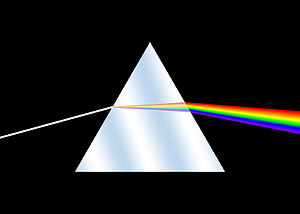Isaac Newton
Sir Isaac Newton PRS was an English Physicist and Mathematician who is widely recognised as
one of the most influential scientist of all time and a key figure in the scientific revolution
He was born in January 4,1643 and died at March 31,1727 and he influenced Albert Einstein,
Edmond Halley,John Theophilus Desaguliers,William Whiston,Thomas Bayes,John keill.
And he is influenced by Johannes Kepler,Nicolaus Copernicus,Rene Descartes,Robert Boyle,
Christiaan Huygens,Isaac Barrow.
His siblings are Hannah Smith Pilkington,Benjamin Smith and Marry Smith.He earn a bachelor's degree from the prestigious university.And he earn the master's degree in
1668.
Isaac Newton explained the universe through mathematics.He formulated laws of motion and
gravitation.
Isaac Newton used three laws to explain the way objects move.They are often call Newton's
Laws.
The second law explains how a force acts on an objects.
The third law states that if an object is pushed or pulled.
Isaac Newton thought about gravity and the apple falling from a tree to the moon being kept in
orbit by it's mutual attraction with earth.
And he is the inventor of the prism
prism, in optics, a piece of translucent glass or crystal used to form a spectrum of light separated according to colors. Its cross section is usually triangular. The light becomes separated because different wavelengths or frequencies are refracted (bent) by different amounts as they enter the prism obliquely and again as they leave it (see refraction). The shorter wavelengths, toward the blue or violet end of the spectrum, are refracted by the greatest amount; the longer wavelengths, toward the red end, are refracted the least. The Nicol prism is a special type of prism made of calcite; it is used for polarization of light.
He is the inventor of the reflecting telescope too
The Newtonian telescope is a type of reflecting telescope invented by the British scientist Sir Isaac Newton (1642–1727), using aconcave primary mirror and a flat diagonal secondary mirror. Newton’s first reflecting telescope was completed in 1668 and is the earliest known functional reflecting telescope.[1] The Newtonian telescope's simple design makes it very popular with amateur telescope makers.[2]


No comments:
Post a Comment
Note: only a member of this blog may post a comment.